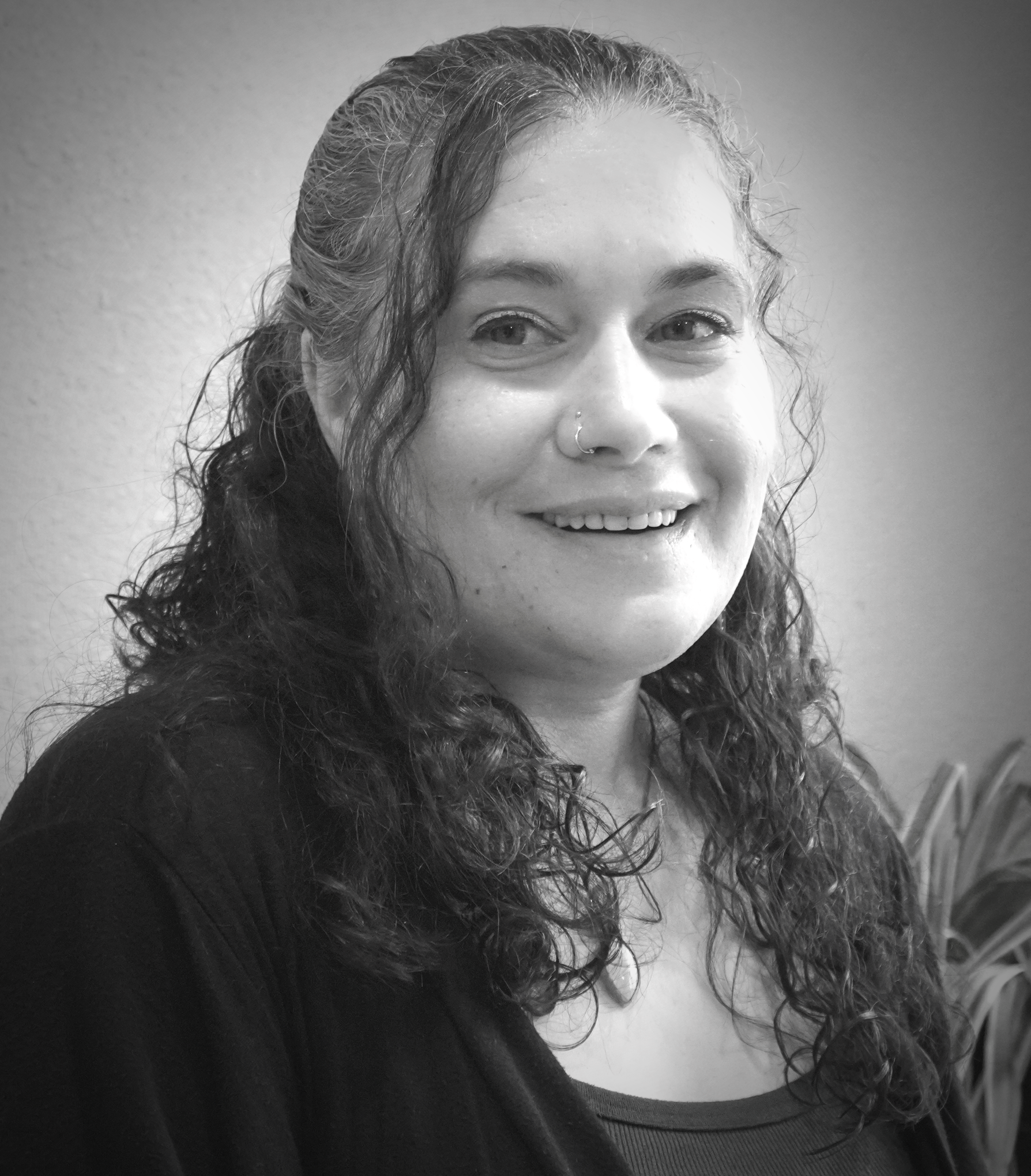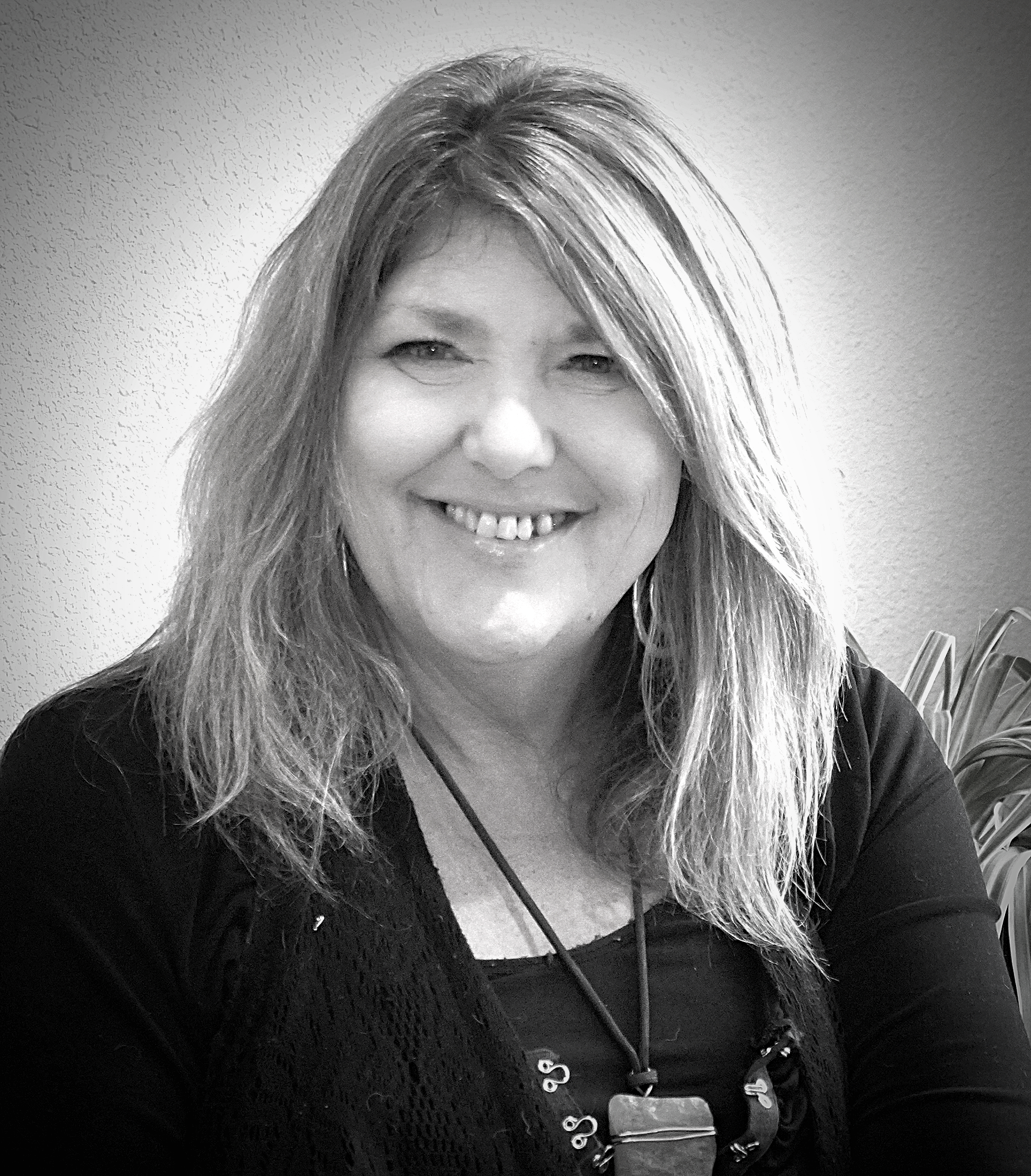
Integrated Co-occurring Disorder Treatment
We'll meet you where you're at, in all the ways.
Integrated Co-Occurring Disorders Treatment is where you go when you need help with a lot of different things. At Live. Grow. Share. we have a team of specialists who work with you on everything, under one roof. To qualify for these services, a person must have more than one of the following: Substance Use Disorder, Mental Health Disorder, Intellectual/Developmental Disability, Problem Gambling Disorder. The purpose of this program is to make treatment more accessible for all, and use your time most efficiently. Listed below is a breakdown of our services.
SUBSTANCE USE DISORDERS
-
At L.G.S., we know how difficult it can be to start treatment and keep up with appointments. That is why we come to you. We offer in-home, -office, and -community visits depending on your availability and comfortability. At intake, we'll come up with a treatment plan that works with your life and gets you the help you need to make lasting changes.
Our model is harm reduction, trauma-based, and evidence-based. Harm reduction means we don't expect you to to abstain from all drugs and alcohol (unless you are otherwise court ordered to). An example of this is a person continuing to use cannabis while they stop using heroin, the drug causing the most harm in their life. Harm reduction can also mean that we work out a plan to maximize safety and minimize harm in your current use. Trauma-based means we focus on healing the core issues that led to a person needing to check out in the first place. Many of us find a way to escape life when we've experienced something that makes it too painful. Evidence-based means we use treatment tools and approaches that are proven by scientists to help people recover from addiction.
We want to help you heal and find the strength to roll with the ever changing tides of your life, and maybe even notice how beautiful it can be.
-
Substance Use Disorder Treatment
Individualized Treatment Plan
Relapse Prevention
Prevention for re-entry to Child Welfare and Criminal Justice Systems
Skill Building (Emotional Regulation, Activities of Daily Living, General Life Skills, Interpersonal Relationships)
Peer Support
Creating a fulfilling lifestyle free from your drug of choice
Parenting and Home Management
Trauma Healing for you and your family
INTELLECTUAL/DEVELOPMENTAL DISABILITY
-
I/DD is a broad category with people of different needs. Some examples include: autism spectrum disorders, Down syndrome, developmental delays, fetal alcohol syndrome, brain injury, and more. We approach treatment the same way we do with any other person: we create a treatment plan that will work with your life, your style of communicating, and one that accommodates your needs.
In addition, we are available to work as a team with Disability Services when appropriate and requested by the individual.
-
Individualized Treatment Plan
Being treated like a capable human
Curiosity about your disability in order to meet your needs and help you heal in the most effective way
The power to make decisions for your health and wellbeing
Everything listed in the other treatment categories
MENTAL HEALTH THERAPY
-
We come from the perspective that mental health is pretty complicated and many things contribute to a person's state of mind. We help you gain clarity about your life, what's happening in your mind, and where it may have originated. From there, we work on healing and building skills to tackle anything life might throw at you so you're free to create the life you want.
We think outside the box and we know that traditional therapy doesn't work for everyone. We will work together to create a treatment plan that works for your life and your style of communicating. For example, appointments can happen on a walk, sitting by the river, while working on an art project, or in the comfort of your own home.
-
Individual Therapy with a Mental Health Professional
Individualized Treatment Plan
Peer Support
Skill Building (Emotional Regulation, Activities of Daily Living, General Life Skills, Interpersonal Relationships)
Support in setting and achieving goals
Support in creating a healthy lifestyle
Trauma Healing
Parenting and Home Management
Trauma Healing for you and your family
PROBLEM GAMBLING TREATMENT
-
We provide Problem Gambling Treatment with an addictions counselor with specialization in problem gambling. We approach healing from the same perspective as substance abuse: we find ways to cope (escape) when life becomes too painful...and then those escapes become problems. Treatment is focused on harm reduction, healing trauma, relapse prevention, healing interpersonal relationships, and creating a healthy life.
-
Problem Gambling Treatment
Individualized Treatment Plan
Relapse Prevention
Skill Building (Emotional Regulation, Activities of Daily Living, General Life Skills, Interpersonal Relationships)
Peer Support
Creating a fulfilling lifestyle
Trauma Healing for you and your family
All participants in this program are eligible for L.G.S. specialized services such as:
Equine-Assisted Peer Support
Vehicle Rehabilitation Program
Specialty groups/classes (art, music, sound healing, exercise, etc)
Meet the Staff
Amber Tucker, CADC, CRM
Amber Tucker joined LGS in November of 2023. Born in Washinton state and raised in Oregon, she has called Lane County her home. Amber is a single mother of one very active son who keeps her on her toes.
She started her journey in the recovery field as a memeber of the support staff team at Willamette Family in March of 2020. With over five years of personal recovery, lived societal systematic experience and a huge passion to be an agent of change in the lives of people and their families who struggle with addiction in their lives.
She is currently pursuing her CADC I. She is passionate about addiction treatment and is incredibly grateful to be helping others on their journey into recovery.
She holds deep gratitude and appreciation to be part of the LGS family, the freedom and spirit it possess.
Jessica Williams, CADC, QMHA
I am Jessica Williams, a certified alcohol and drug counselor here at Live. Grow. Share. I have an associate's degree in Human Services and am currently working towards my QMHA.
I identify as an individual recovering from substance use and work towards healing within myself daily. I do this work because I believe in people and because others held the light for me, and I will never forget that. In my spare time, I enjoy being out in nature, spending time with family and friends, and hanging out with my 2 black kitties, Doug and Thimbles.
Teresa Benson, SUD Program Manager, CADC II, QMHA
I am the SUDS program manager with Live Grow Share and have been working in the community in various roles for 30+ years, as well as a Certfied Alcohol and Drug Cousnelor II, since 2001.
I was born and raised in this community, as well as raised my family here. I am a dedicated mother and grandmother to amazing humans. My children and grandchildren have been some of my largest teachers and motivators on this beautiful journey.
While raising my family and working in this community I have had the opportunity to work with many people helping them navigate through multiple systems during some of the hardest times of their lives while in adddition to providing recovery support and services.
Self-evolution without shame or blame can teach that one's journey does not have to be perfect! My passion is in bridging that gap and creating opportunities for people to heal and live their best life.
Live Grow Share is an agency dedicated to providing a harm reduction model that supports our client's mental health and SUDS issues by meeting them where they're at... Body, mind, and spirit.
This journey can be unique for every single person and it's not a cookie cutter model. We also strive to support people utilizing abstinence-based recovery as well as identifying their own drug of choice and moving forward with their identified idea of recovery.






